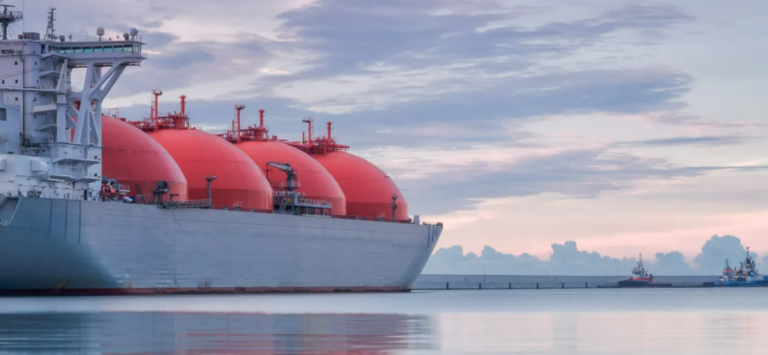NWP 12 Ruling Could Limit Production of Personal Protective Equipment
The American Fuel & Petrochemical Manufacturers (AFPM) argued in a brief last week that a recent ruling from the U.S. District Court for the District of Montana barring the Army Corps of Engineers from authorizing pipeline projects under Nationwide Permit 12 (NWP 12) would not only severely delay pending projects, but could also stifle production of personal protective equipment (PPE) and essential supplies that are key to fighting the coronavirus pandemic.
The brief highlighted AFPM’s membership and their role in the economy and producing products that have been critical to mitigating COVID-19. Pipelines are responsible for safely and efficiently transporting oil, natural gas, and petrochemicals – many of which are feedstock for a variety of products:
AFPM’s members manufacture the petrochemicals needed to produce consumer products that are used daily in homes and businesses, and produce the fuels needed to deliver nearly all consumer goods. AFPM’s members support nearly 4 million American jobs and produce a variety of products that are essential components of medical supplies and equipment.
… AFPM submits this brief to bring to the Court’s attention how the district court’s order threatens key national security and public health interests, including essential petrochemical and petroleum supply chains and the response to the current public health crisis. AFPM’s members depend on pipelines to transport refined products, and to move raw materials and feedstock used to manufacture materials used in nearly every sector of the U.S. economy. Many of these materials are indispensable in the production of supplies and protective equipment that are increasingly needed to combat the ongoing COVID-19 pandemic.
With a unprecedented challenges facing the American economy, now is not the time to jeopardize not our energy and manufacturing sectors. The AFPM brief provides further insight into how products like life-saving ventilators, N95 masks, and other medical supplies are produced with fuels and petrochemicals transported by pipelines:
…manufacturing N95 masks, which provide crucial protection for doctors and nurses, requires components derived from propylene, toluene, and xylene—three of the base petrochemicals. Face shields, protective gowns, and testing kit components are also made from petrochemical derivatives that AFPM’s members produce, and ventilators use a variety of engineering polymer components made from petrochemicals.
The permitting delays and costs that stem from the district court’s order risk exacerbating shortages of supplies needed by COVID-19 patients and frontline medical workers. Hospitals’ needs for N95 respirator masks, ventilators, and other equipment have outstripped available supplies, thereby hindering the pandemic response and putting both patients and healthcare workers at risk. This problem will become more acute if AFPM’s members encounter delays—like those described above—in building pipelines necessary to meet the increasing demand for the base petrochemicals from which the components of medical devices and PPE are made.
Further, it is worth noting that the plaintiffs in the lawsuit that led to the suspension of NWP 12 were not seeking a ruling with nationwide impact – rather, they were simply making a case against the Keystone XL Pipeline. The ruling is currently under appeal with the 9th U.S. Circuit Court of Appeals. As the GAIN Coalition recently noted in a statement:
“Ignoring the near ubiquity of these pipelines – and their decades of safely transporting the energy we need on an on-demand basis – in defense of the possible idea of a potential leak demonstrates a caustic view of our country and its people. Instead of bowing to the implausible worst case of an unlikely pipeline discharge, policymakers and judges should consider the growth of technology in the midstream sector, the unparalleled track record of safety of pipelines, and humans’ need for reliable affordable energy and allow regulators, like the Army Corps of Engineers, to act in the best interests of our nation based on the best available science and data.”

